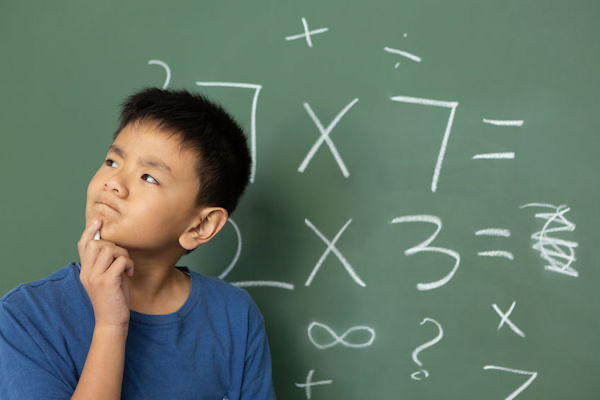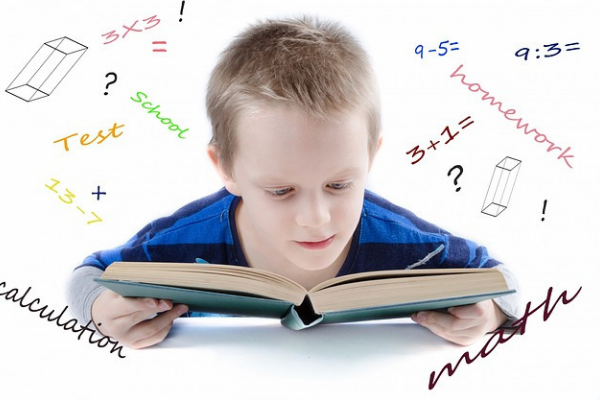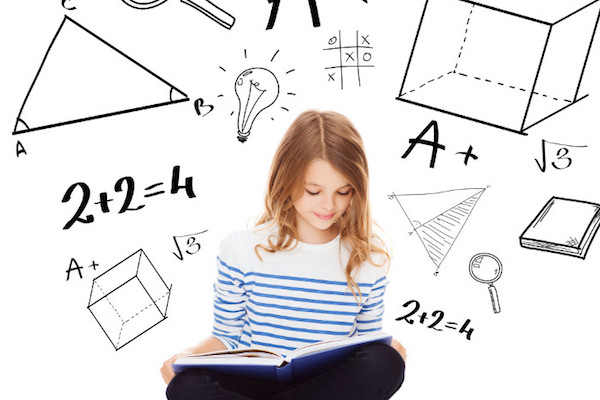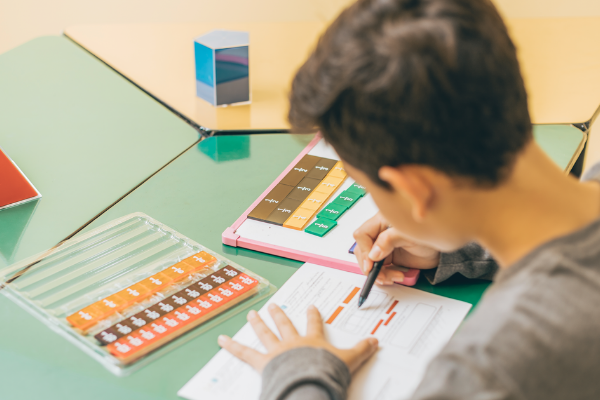“Math is useless. I don’t like Math. Why do I have to learn Math?” As a parent, you are likely to have heard these expressions from your child before. Here are some essential facts to help you explain to your child the importance of Math in everyday life and why an edge in Math today can go a long way in the future.
It’s a workout for your brain
Like any other part of our body, our brain also needs a workout. In fact, research has shown that children who know Math are able to use the brain regions associated with cognitive tasks more reliably. So, practising Math may help children improve their visual attention and decision-making skills. From everyday tasks like searching for a misplaced item in their rooms to solving puzzles and playing video games – studying Math can help them get better at a variety of activities!
It helps manage finances
From your child’s big dream of buying a supercar to his more short-term desire of buying a remote-control car, show your child that Math is necessary to plan and organise finances for purchases both big and small. Work out a simple financial plan with your child based on their allowance, expenses, and savings to buy that new toy or gadget that they have their eyes on. This simple task can help them understand the application of Math concepts and skills learnt in the classroom.
It helps with travel
Travel enriches our lives and opens our minds to new places and people. Get your child involved in planning your next family holiday, such as calculating the cost of hotel accommodation, planning the itinerary to make sure they have time for the activities they wish to enjoy, and factoring in currency exchange. Assisting with different aspects of the trip can help your child learn a lot about the importance of Math in making travel plans work out.
It helps with cooking
A basic yet necessary skill, cooking also requires knowledge of Math. From measuring ingredients to planning the quantity of food needed to feed your family or your guests, Math calculations are an important culinary skill. Planning family meals within the house, by factoring in the number of family members and the quantity of food needed, is a good example of how Math is used in everyday life. Even for their birthday parties, help your child understand how Math skills are needed to plan yummy treats for their friends or bake their delicious birthday cake.
An aid to every job
If your child thinks Math is only for school, it’s time to correct their misconception. Your child may be surprised that almost every job requires some understanding and application of Math skills. From fashion designers to event organisers, from nurses to pilots, every profession uses Math skills on a regular basis.
Problem-Solving
Through every situation in life – personal and professional – problem-solving skills are crucial to getting ahead and dealing with tough times. Math problems help us develop problem-solving skills – a lifelong lesson that helps us tackle problems in an efficient and step-by-step manner.
These are just some of the skills that Math lends to our lives. One must also remember that while languages may vary across countries, numbers remain universal. From analytical and logical abilities to numerical and quantitative skills, it is important for children to learn Math from an early age to strengthen their understanding of the concepts and enjoy learning the subject. For a unique and comprehensive Math enrichment program, check out Seriously Addictive Mathematics (S.A.M) to help your child build a strong foundation and enjoy learning Math at an early age.






